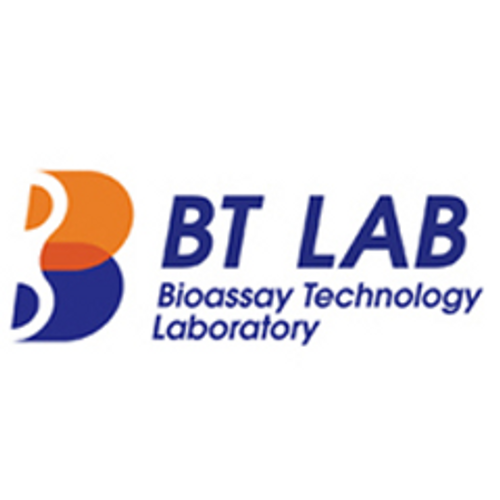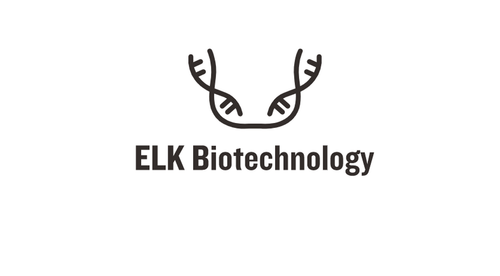Product Description
Human Toll-like receptor 2 (TLR2) ELISA Kit | AE59635HU | Abebio
Species Reactivity: Human (Homo sapiens)
Abbreviation: TLR2
Alternative Name: CD282; TIL4; toll/interleukin 1 receptor-like 4
Application: ELISA
Range: 0.312-20 ng/mL
Sensitivity: 0.117 ng/mL
Intra-Assay: ≤6.8%
Inter-Assay: ≤9.3%
Recovery: 1, 01
Sample Type: Serum, Plasma, Other biological fluids
Detection Method: Sandwich
Analysis Method : Quantitive
Test Principale: This assay employs a two-site sandwich ELISA to quantitate TLR2 in samples. An antibody specific for TLR2 has been pre-coated onto a microplate. Standards and samples are pipetted into the wells and anyTLR2 present is bound by the immobilized antibody. After removing any unbound substances, a biotin-conjugated antibody specific for TLR2 is added to the wells. After washing, Streptavidin conjugated Horseradish Peroxidase (HRP) is added to the wells. Following a wash to remove any unbound avidin-enzyme reagent, a substrate solution is added to the wells and color develops in proportion to the amount of TLR2 bound in the initial step. The color development is stopped and the intensity of the color is measured.
Product Overview: TLR-2 plays a role in the immune system. TLR-2 is a membrane protein, a receptor, which is expressed on the surface of certain cells and recognizes foreign substances and passes on appropriate signals to the cells of the immune system. TLR-2 is a membrane receptor found at the surface of immune system cells that recognises many bacterial, fungal, viral and endogenous substances. Phagocytosis of bound materials takes place in endosome/phagosome and a cellular activation, so that the elements of the innate immune system take over such as macrophages, PMN and dendritic cells tasks of the nonspecific immune defense, B1a and form MZB first anti-bodies and uses in the process the specific anti-body formation.
Stability: The stability of ELISA kit is determined by the loss rate of activity. The loss rate of this kit is less than 5% within the expiration date under appropriate storage condition. The loss rate was determined by accelerated thermal degradation test. Keep the kit at 37°C for 4 and 7 days, and compare O.D.values of the kit kept at 37°C with that of at recommended temperature. (referring from China Biological Products Standard, which was calculated by the Arrhenius equation. For ELISA kit, 4 days storage at 37°C can be considered as 6 months at 2 - 8°C, which means 7 days at 37°C equaling 12 months at 2 - 8°C) .
 Euro
Euro
 USD
USD
 British Pound
British Pound
 NULL
NULL








